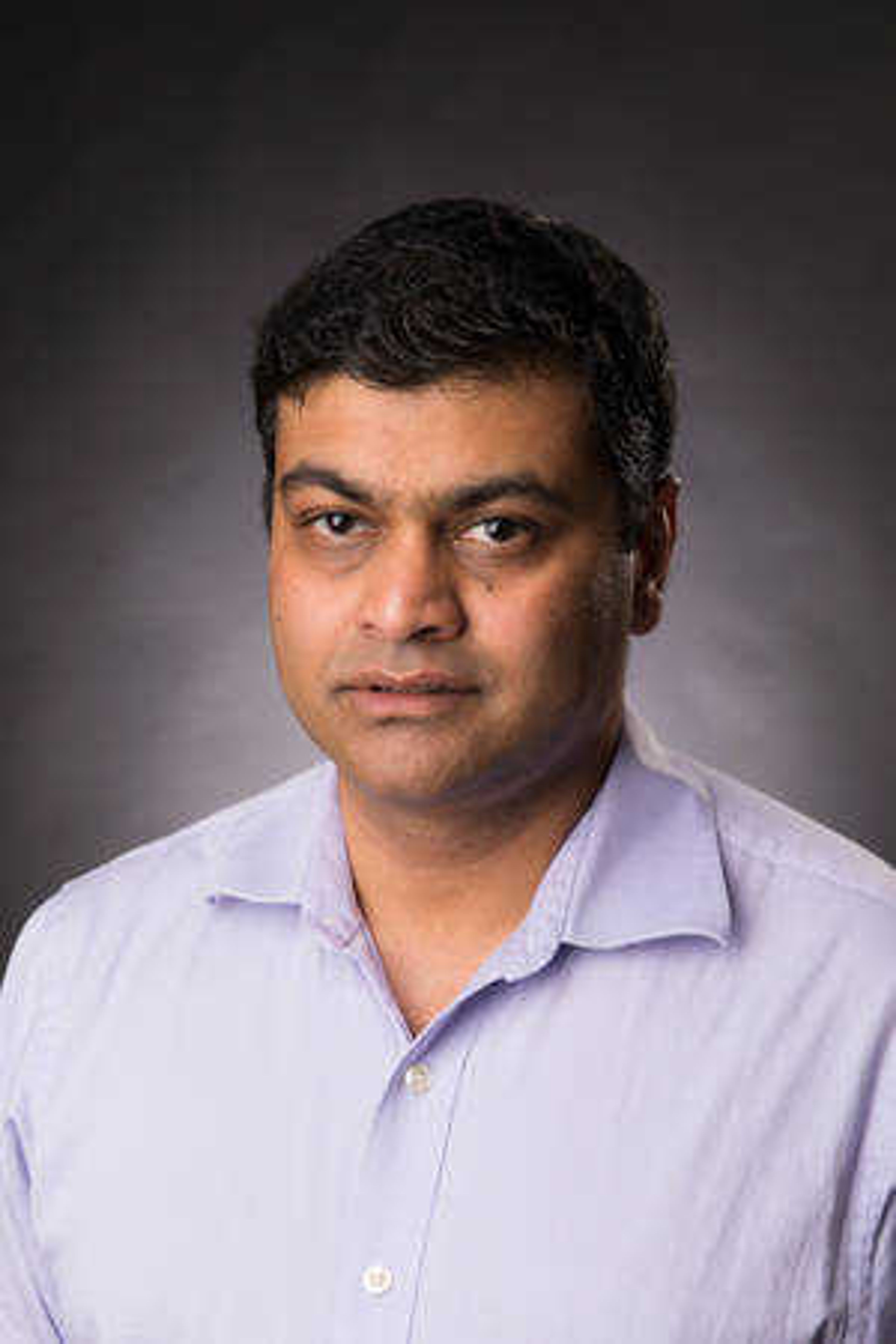Cybersecurity professor to leave Southeast
Associate professor of computer science Vijay Anand, who is responsible in large part for the accreditation of the cybersecurity program, will not be returning to the university in the fall. Anand stated his reason for leaving is because he needs to conduct research in order to keep his skill set and resume relevant...
Associate professor of computer science Vijay Anand, who is responsible in large part for the accreditation of the cybersecurity program, will not be returning to the university in the fall.
Anand stated his reason for leaving is because he needs to conduct research in order to keep his skill set and resume relevant.
“In a field that is growing right now, if I don’t do research, I might do great at Southeast, but nationally, I’m not really that great,” Anand said. “When I look at my career, I want to make sure that I have the research. You need to have [national] grants, you need to have better publications, and all that requires time. In my current role and with my current workload, I don’t have that time to do that type of research.”
Though he does not know where he is going at this time, he said he has fielded multiple offers from both research universities and teaching universities. He has accepted an offer but is still weighing options at other institutes as well.
Anand scrapped and reworked the cybersecurity curriculum, creating it all himself. His expertise from the industry and passion to make sure his students are ready for the workforce led to the program gaining accreditation from the Accreditation Board for Engineering and Technology, one of just four universities in the United States to receive such distinction.
Anand has been the faculty advisor for Southeast’s Cyber Defense Team since its inception in 2012, which has won the Missouri Collegiate Cyber Defense Competition (CCDC) for seven consecutive years.
Before coming to Southeast, Anand worked for Motorola for a number of years in its security and liquid media patent committee. The majority of his work was done with embedded systems.
Since arriving, Anand said he has worked to put the cybersecurity program and his students in the best position possible to succeed.
“I would say it was a very, very tough decision on me,” Anand said. “This is my thing, this is my program, my baby I would say. I have a lot of strong emotions about it, but I have to do it because of other reasons that are beyond my control.”
With three new professors set to take over Anand’s classes, and with how much the program has grown since he came to the university, Anand is confident the program will continue to be amongst the best in the nation.
“I’m not very happy about it, that I have to leave, considering where this program is and what we have accomplished. When I thought about [leaving], it felt wrong,” Anand said. “But I also have to think about where my career is going to be in subsequent years, and that’s why I’m making this decision. But deep down, I feel like this is mine because I created it from scratch.”
Department of Computer Science chair Sumanth Yenduri noted how big of an impact Anand has had at Southeast and how his leaving will affect the university.
“It is a huge loss. Because whenever you lose a person with all the institutional knowledge, it’s extremely hard to replace,” Yenduri said. “We’re trying to hire a full cybersecurity faculty to replace Dr. Anand’s position, so come Fall, there will be four people. But at this point in time, do they know about the Cyber Defense Competition? About the Cyber Range [in Dempster]? The ABET in cybersecurity? There’s a wealth of information which is not able to be transferred because these people weren’t available for him to be working with. So that becomes a challenge.”
Anand’s departure will have a lasting effect on the program because of how much time and effort he put into creating it.
“Saying Dr. Anand goes above and beyond is not justified because there’s no such thing you can use to describe how much above and how much beyond [he went],” Yenduri said. “While other faculty may put in 40 hours for their job, I’m going to do 60 hours. With Dr. Anand, it might be 80, it might be 90, it might be 100 [hours a week].”






